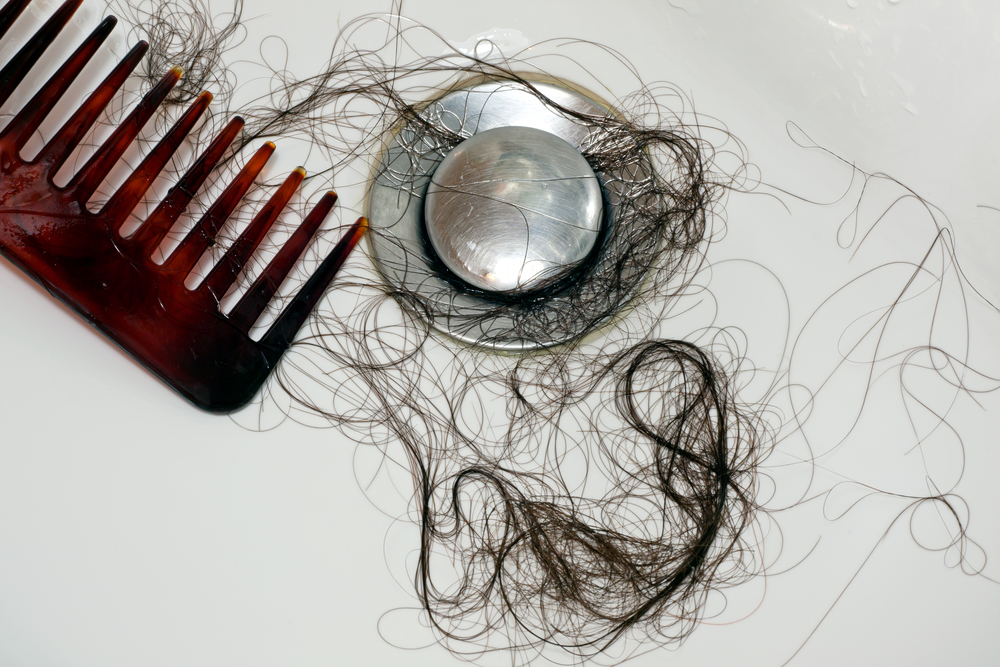Studies have surfaced that show a not-so-surprising link between divorce and hair loss. It appears that, after genetics, losing a spouse to divorce or death is the leading cause of hair loss among women. While we never would have guessed this, it stands to reason. We have all heard that stress can cause us to lose our hair and, of course, we all know that divorce is a stressful undertaking. Therefore, women who are already genetically predisposed to hair loss can find the condition exacerbated by the stress of divorce: the litigation process, changes in the home, financial struggles and loneliness are all common stressors in divorce.
For women– and men– going through divorce, there is no need to panic. Stressing about hair loss will only cause the condition to worsen. And luckily, the other main factors in hair loss include smoking and drinking, which are in fact controllable. In some cases, hair loss is reversible through better self-care, at the hairline or internally through nutrition. Others go a different route and consult with hair restoration experts like Dr. Robin Unger. Robin Unger, MD specializes in both female and male hair restoration, and helps many regain their hairlines after losing a spouse.
A few months ago, we highlighted the growing trend of people undergoing cosmetic procedures after a divorce. During a divorce, looks and self-care often take a backseat to other more pressing matters. The result: a divorced person not looking or feeling his/her best. Many divorcees opt for cosmetic procedures ranging from botox injections to total body makeovers, and also Dr. Robin Unger’s hair restoration treatment. While such procedures are quite common among divorced women, there is no shortage of men seeking hair restoration and other cosmetic treatments.
Both sexes, after being married for a time, may feel intimidated about reentering the dating pool. Firmer skin, a whiter smile and a fuller hairline can all provide a much needed confidence boost, and help newly single parties look and feel more attractive. This is not to say that a hair transplant will win you a new spouse, but it is much harder to find someone who will be happy with you if you feel unhappy with yourself for any reason.
If you contact a physician like Dr. Unger, it is important to learn all of the risks and rewards involved in hair restoration: What is the recovery time? How much will this procedure help my case? How much does it cost? These are all important questions, as an elective procedure like hair restoration is not covered by medical insurance. Also, it is important to ask yourself: Am I doing this for the right reason? Surgical procedures are a personal matter, and we hope that you undertake them to further your own happiness, no-one else’s. If you go into the procedure with correct information, honesty, and realistic expectations, it may prove helpful in moving forward with your life. Getting divorced does not mean– literally or figuratively– that you have to lose your hair.

